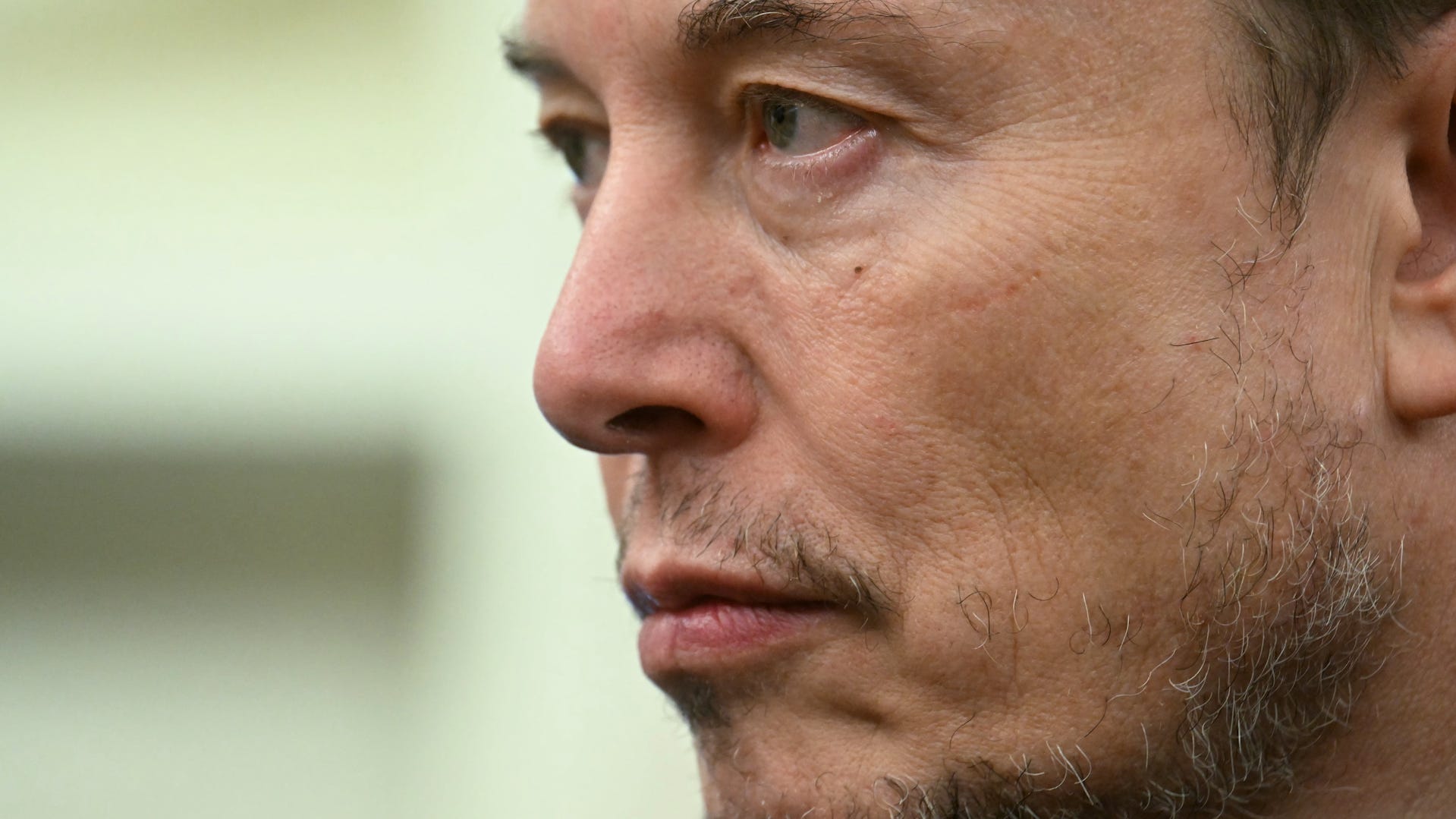
Elon Musk slams Trump’s big tax bill on X
Days after leaving the White House, Elon Musk slammed President Trump’s big tax bill on X.
About 10.9 million Americans would lose health insurance coverage under the President Donald Trump’s tax cut bill that cleared the House but faces a tough test in the Senate, a new analysis shows.
The nonpartisan Congressional Budget Office said about 10.9 million Americans would lose health insurance coverage through 2034 under the bill, including 1.4 million undocumented residents who get coverage through state-funded programs.
The legislation that cleared the House would require nondisabled Americans on Medicaid to work at least 80 hours per month or qualify for an exemption, such as being a student or caregiver. The bill also would strip coverage to immigrants who get Medicaid through state-funded programs.
The analysis said the bill would cut federal spending by about $1.3 trillion through 2034. But it would also deliver tax cuts of $3.75 trillion, and the federal deficit would increase nearly $2.4 trillion over the next decade.
Health analysts said if the Medicaid changes as well as tweaks to the Affordable Care Act marketplace clear Congress, the effects on health insurance coverage would be significant.
The CBO earlier estimated nearly 4 million people would lose health insurance coverage through 2034 if Congress did not extend sweetened COVID-19 pandemic-era tax credits that have made ACA plans more affordable for consumers.
Trump’s Medicaid overhaul as well as the expiration of the more generous ACA tax credit could jeopardize health insurance coverage for nearly 15 million people, said Kathy Hempstead, a senior policy officer at the Robert Wood Johnson Foundation.
“We’re making a giant U-turn here,” said Hempstead. “Are we really going to be a thriving, productive society if we have a huge share of our population uninsured?”
Hempstead said the uninsured might delay care and accrue more medical debt. She also said hospitals and doctors also will take a financial hit as uncompensated care rises.
“There’s going to be a big hit on on the health care economy as people stop getting care and start trying to get care that they can’t pay for,” Hempstead said.










